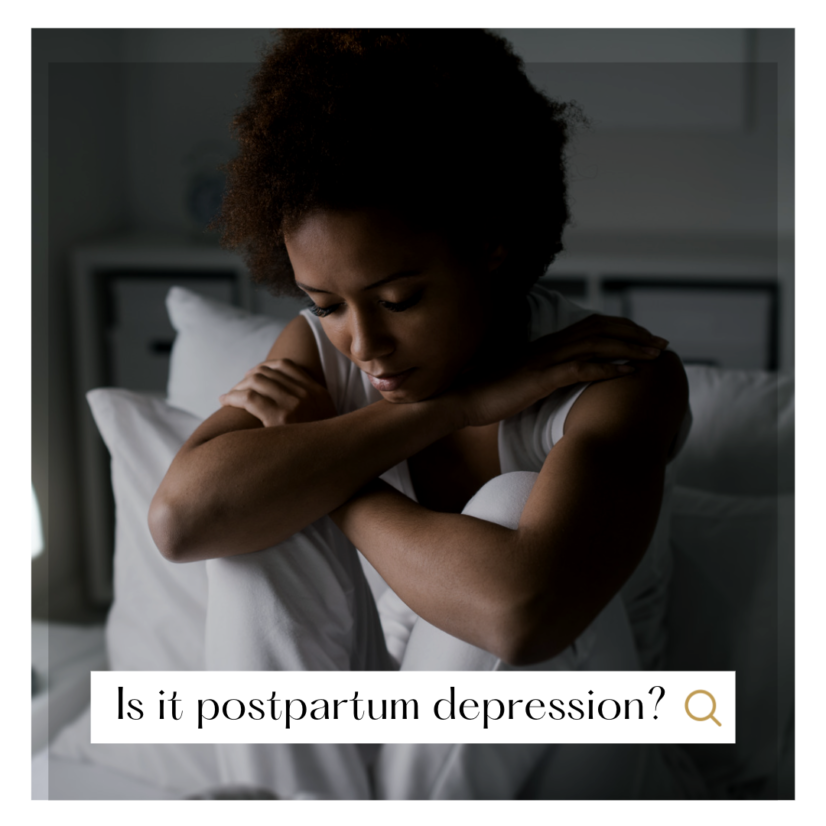Postpartum depression (PPD) is very common. Researchers estimate that between ten to twenty percent of women experience postpartum depression. It doesn’t solely affect birthing women, it also affects partners and parents who have adopted their children.
There are variations on the experience of postpartum mental health problems including – postpartum depression, anxiety, rage, OCD, and psychosis.
The symptoms of postpartum depression are similar to major depression, including low mood (sad, anxious, angry, etc.), low energy/fatigue, low motivation, sleep problems, memory problems, concentration problems, and other physical symptoms. The trouble is that many parents (especially first time parents) walking through the newborn stage might also experience many of these symptoms simply from the lack of sleep and the stress of caring for a baby. When one has gone for months without sleeping more than a few hours at a time, who doesn’t feel some, if not many of these things. Additionally, if you have a child with health problems, or are a single parent, the experience can be intensified.
For some who develop postpartum depression, the change in their mood is strong and very noticeable, which they can recognize and hopefully seek support.
For others, their mood change may not be as sudden or intense, but they may experience more of the physical symptoms- low energy/motivation, memory issues, sleep problems, etc. When someone experiences the physical symptoms more than the change in mood, it can make it difficult to discern whether they are experiencing PPD or simple parenthood. To further complicate, PPD can present or be diagnosed up to a year after birth and also commonly begins after a mother weans from breastfeeding.
With this experience being potentially confusing, it is important to speak to a professional if you have questions regarding whether you are experiencing PPD.
A trained therapist or primary doctor can help in this discernment process. It can be beneficial to have your doctor check your hormone/vitamin levels to rule out any other physical health problems. Most importantly, know that you don’t have to deal with this alone and are not alone in experiencing this. There are many others who are also dealing with PPD, and there are various resources available to you.
If you are unable to care for yourself or your child or are experiencing thoughts/urges to hurt yourself or someone else, please seek help immediately from a trained mental health or medical provider.
Written by: Melanie Ross

